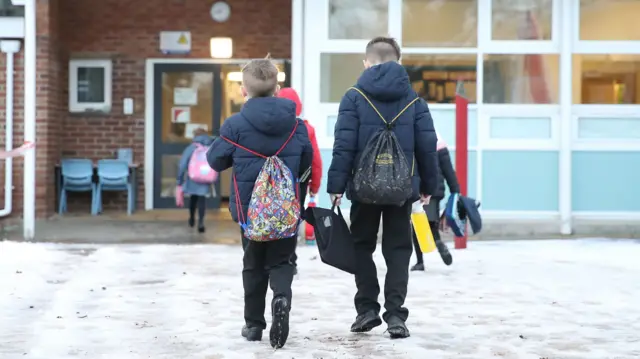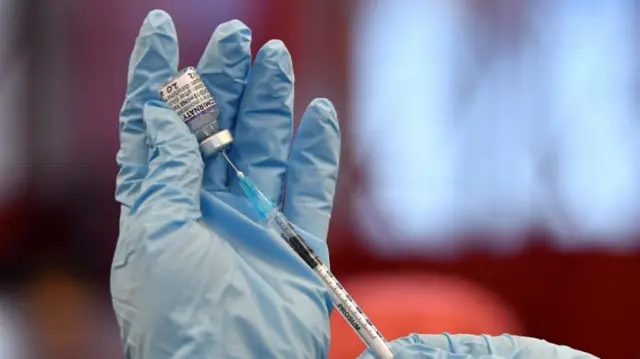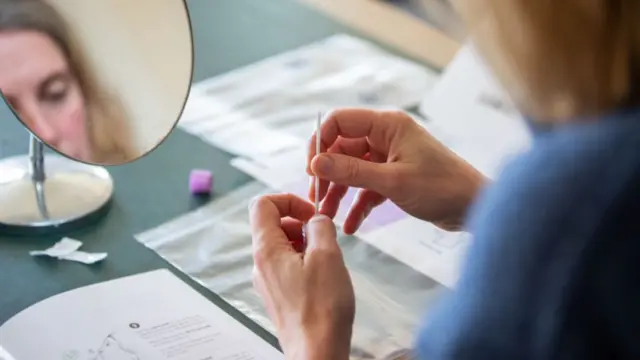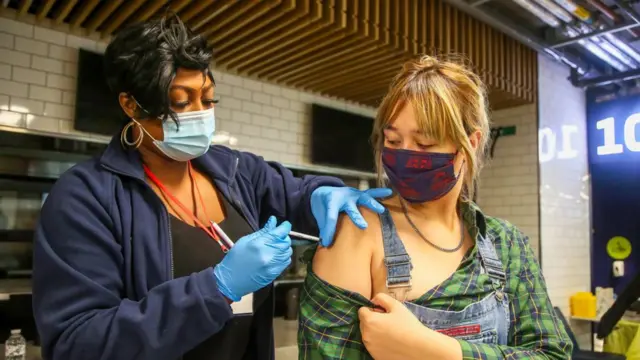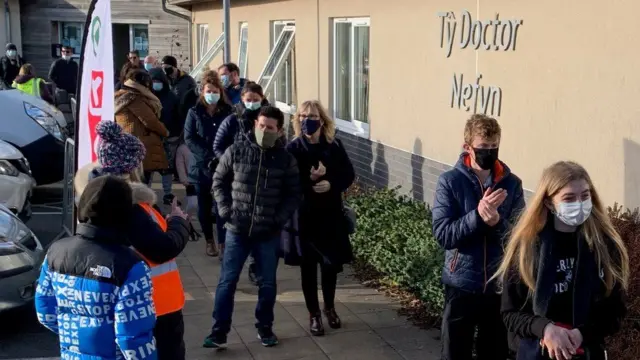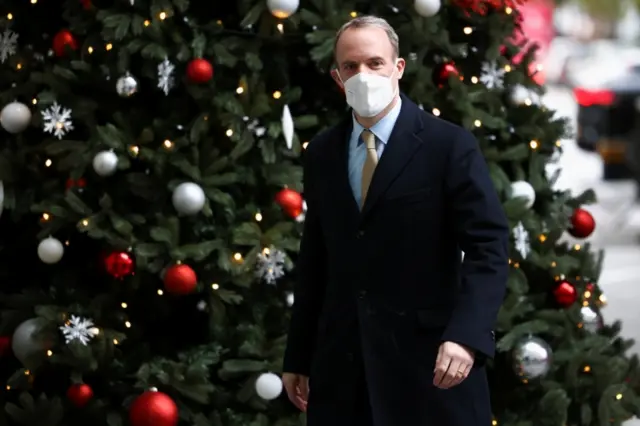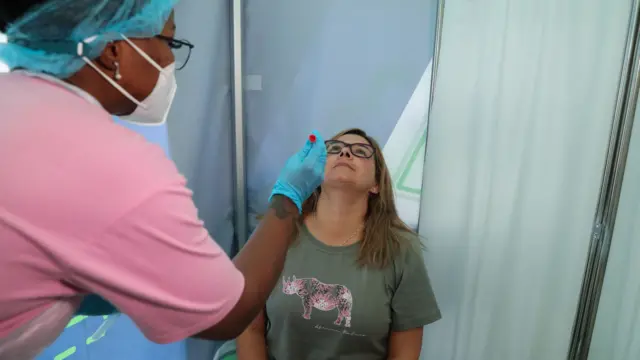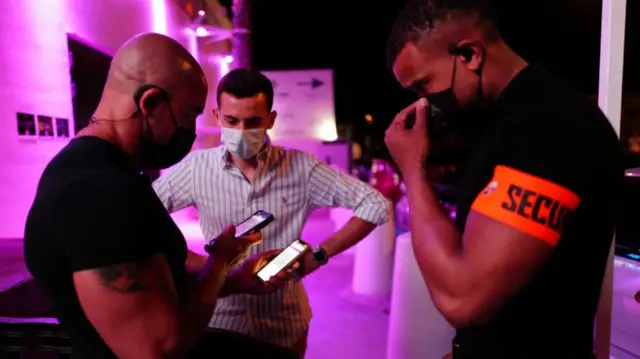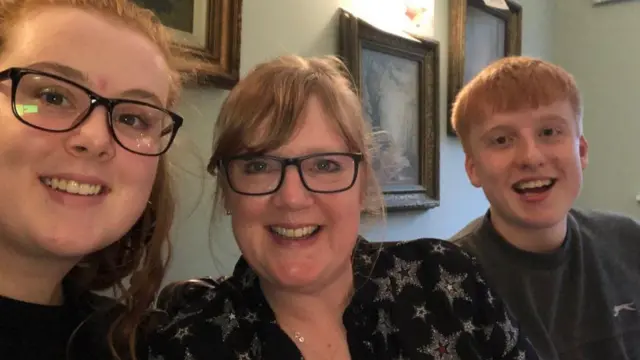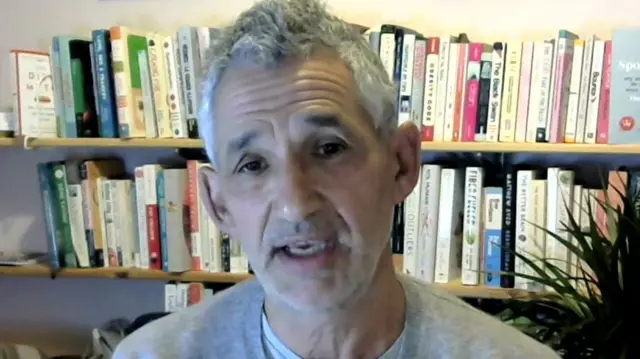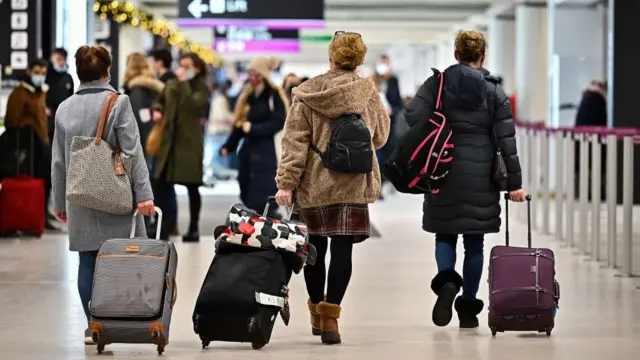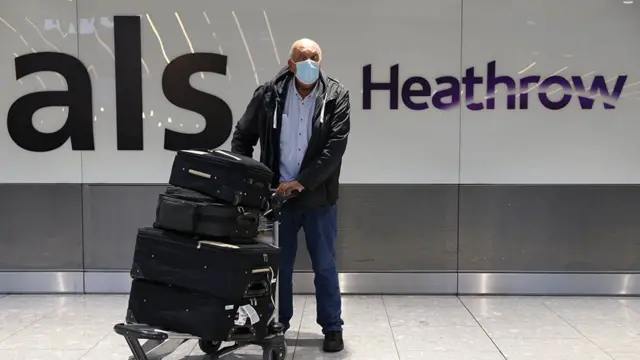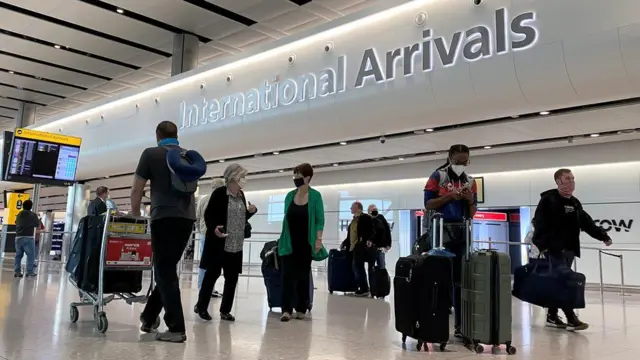'I need to see my children'published at 11:39 GMT 7 December 2021
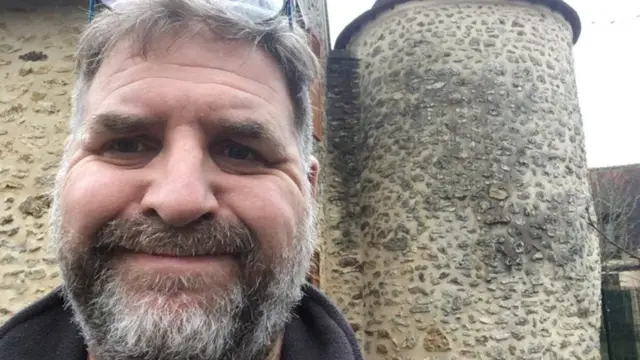 Image source, DUNCAN BINNIE
Image source, DUNCAN BINNIESome travellers returning to the UK for Christmas have changed their plans due to the new testing rules that came into force today.
Duncan Binnie, a Briton living in Paris, has decided to return to the UK earlier to make sure he can see his children over the festive period.
"I was due to come home later in the month but I'm moving all my travel forward," he tells us.
Binnie hasn't seen his two children in more than two years. "The last time I saw my daughter was for her 18th birthday and now she's 20 years old," he says.
To protect himself ahead of his trip he's taking precautions: "I've not been to the office in over a week and stayed off transport."
Still, he remains worried about getting stuck in the UK if tougher rules are introduced in France to combat the Omicron variant.
"But I need to see my children, and I don't mind having to pay extra to do that."
